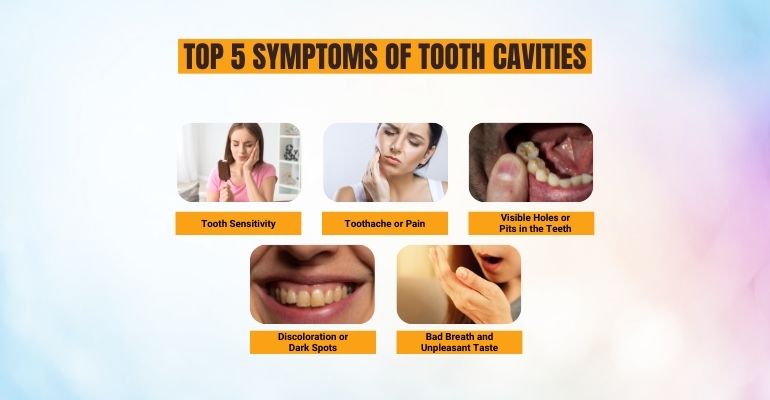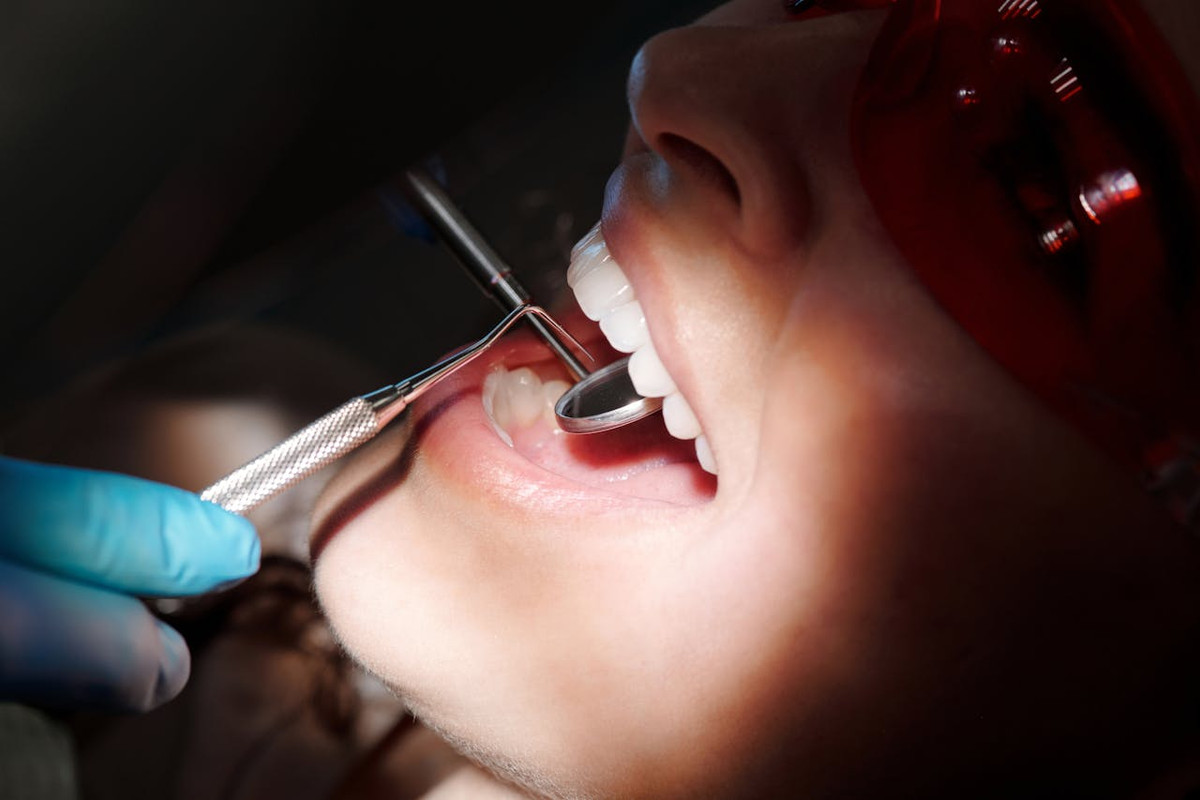
How to Whiten Your Teeth Naturally: 6 Home Remedies

Why Do Teeth Turn Yellow?
Teeth can become yellow or stained primarily for two reasons:
- Enamel Thinning – The white enamel, which is the outer protective layer of teeth, wears off with age and due to acidic foods or poor oral care.
- Surface Stains – Pigments in certain foods and drinks, and smoking, also contribute to stains which over time create external discoloration.
- Trauma to the tooth/teeth causing pink tooth syndrome, after trauma when there is bleeding within the pulp chamber or dentin of the tooth leads to pinkish-greyish discoloration.
Common Causes of Yellow Teeth:
- Frequently drinking coffee, tea, or red wine
- Smoking or tobacco use
- Poor dental hygiene and plaque
- Certain medications that lead to discoloration
- Natural aging and genetics
6 Effective Teeth Whitening Home Remedies
Are you seeking natural methods to whiten your smile? If so, consider these straightforward teeth-whitening home remedies that assist in cleaning stains and improving total oral hygiene.
1. Baking Soda and Hydrogen Peroxide
✅ How it works: Baking soda is a natural and mild abrasive that removes surface stains, while hydrogen peroxide works as a natural bleaching agent.
🔹 How to use: To create a paste, mix 1 teaspoon of baking soda with 2 teaspoons of hydrogen peroxide(10%). Gently brush for 1-2 minutes. Rinse thoroughly with water. Do not do this method too many times per week as it may damage your enamel (2-3 is enough).
2. Oil Pulling (Coconut Oil or Sesame Oil)
✅ How it works: Oil pulling removes toxins, bacteria, and plaque from teeth that may be responsible for discoloration.
🔹 How to use: Take a tablespoon of coconut or sesame oil and swish it around your mouth for 15-20 mins, then spit it out. Rinse with water. Brush your teeth as usual. This should be done daily, for the best results.
3. Activated Charcoal
✅ How it works: Activated charcoal absorbs plaque and stains, which is why it is a popular remedy for teeth-whitening treatment.
🔹 How to use: Attach a damp toothbrush into activated finely milled charcoal powder [do not add a toothpaste] and brush gently for 2 minutes. Rinse thoroughly and consider brushing again with regular toothpaste. This option should only be used 2-3 times per week to avoid eroding enamel.
4. Fruits and Vegetables for Natural Cleaning
✅ How it works: Crunchy fruits and vegetables like apples, carrots, and celery can help scrub teeth naturally while you chew.
5. Apple Cider Vinegar Rinse
✅ How it works: The acetic acid in apple cider vinegar helps remove stains and kill bacteria.
🔹 How to use: Dilute with water (1:2 ratio) and swish for 30 seconds before rinsing thoroughly. Use sparingly (once weekly) to prevent enamel erosion.
6. Turmeric Paste for Teeth Whitening
✅ How it works: Despite its bright color, turmeric has anti-inflammatory properties that can help whiten teeth.
🔹 How to use: Mix turmeric powder with coconut oil to form a paste. Brush gently for 2 minutes and rinse well.
What Not to Use: Methods That Can Damage Your Teeth
Although natural teeth whitening treatments administered at home can be effective; the reality may be even worse if not executed properly. Overusing any at home agents are undesirable as they will deteriorate the enamel and cause teeth sensitivity.
Prevention: How to Keep Your Teeth White
- ✅ Brush and floss regularly - Regardless of what else you do, brushing twice daily (at least) as well as flossing daily will contribute to plaque removal and staining prevention.
- ✅ Use fluoride toothpaste - Fluoride toothpaste will help reinforce the enamel, making the teeth less susceptible to staining.
- ✅ Limiting staining foods and drinks - You can limit and avoid consumption of coffee, tea, red wine, and sodas as they cause severe staining.
- ✅ Drinking water after meals - Rinsing with water will help to wash away food particles and acids that contribute to staining.
- ✅ Quit smoking - Tobacco stains would be permanent, as well as, the potential issues of greater risk of gum disease, and bad breath.
- ✅ Regular dental appointments – Dentist recommend every 6 months for professional cleaning and checkups.
Final Thoughts
Using teeth whitening home remedies can be an effective and natural way to maintain a bright smile. These methods help reduce stains and improve oral hygiene when used correctly. However, for faster, more dramatic, and longer-lasting results, professional teeth whitening treatments are the best option.
At Radiant Smiles Dental Clinic, our expert cosmetic dentists use advanced whitening techniques to give you a radiant and confident smile safely and effectively.
For expert dental care, book an appointment today at Radiant Smiles Dental Clinic!
FAQs
- How long does it take to whiten teeth naturally?
Natural methods take time. Most people see results within 2–4 weeks when using remedies like baking soda, oil pulling, or activated charcoal. - Can yellow teeth become white again?
Yes! Home remedies and professional teeth whitening treatments can significantly improve discoloration. However, deep stains may require professional whitening. - Are home remedies safe for sensitive teeth?
Most home remedies are safe, but those with sensitive teeth should avoid baking soda, hydrogen peroxide, and apple cider vinegar as they can increase sensitivity. - What foods should I avoid to keep my teeth white?
Limit consumption of coffee, tea, red wine, dark sodas, berries, soy sauce, and acidic foods that can stain the enamel. - How often should I use home remedies for teeth whitening?
For baking soda, activated charcoal, and apple cider vinegar, limit use to 2–3 times a week to prevent enamel damage. Oil pulling can be done daily.

